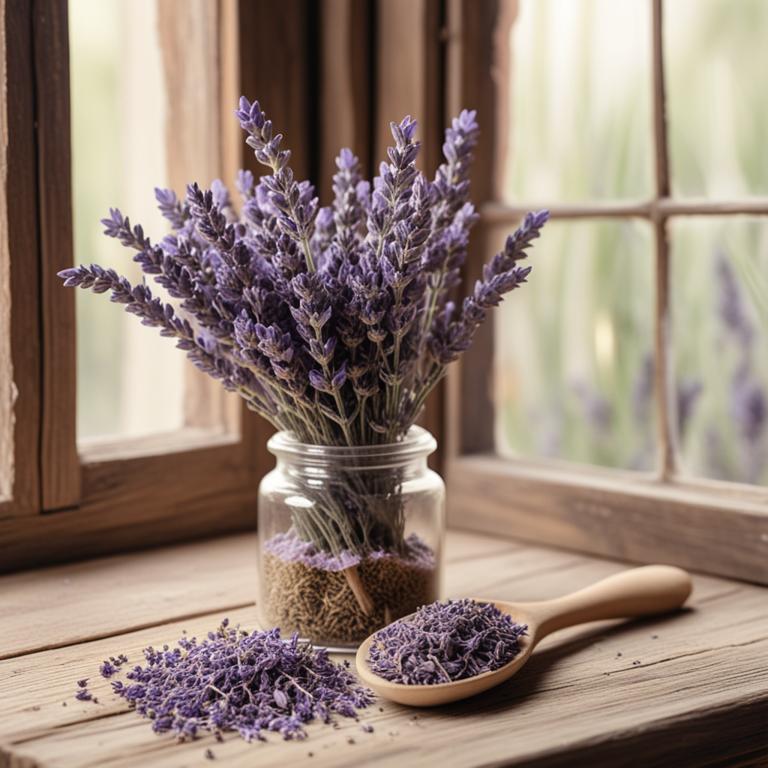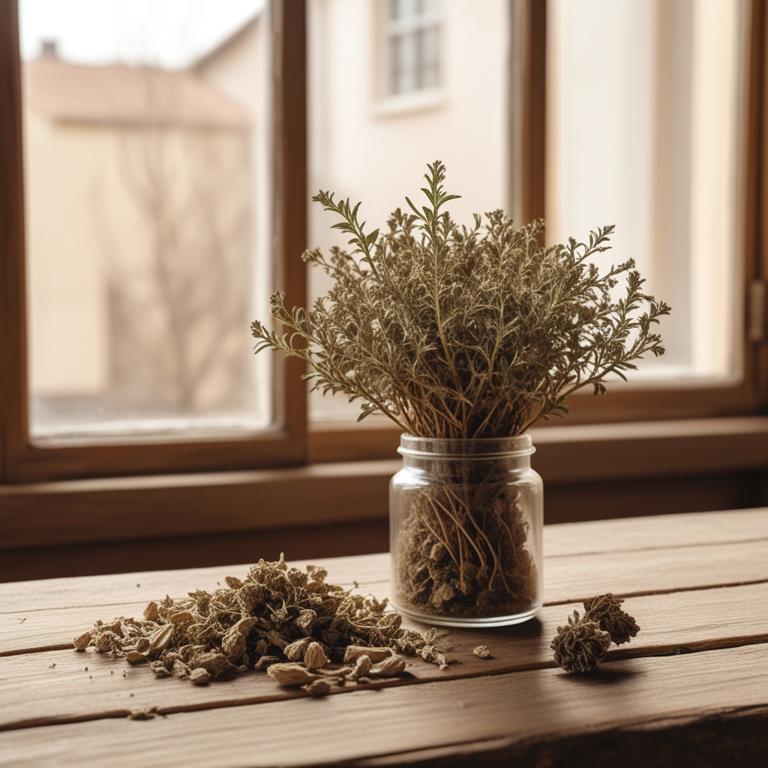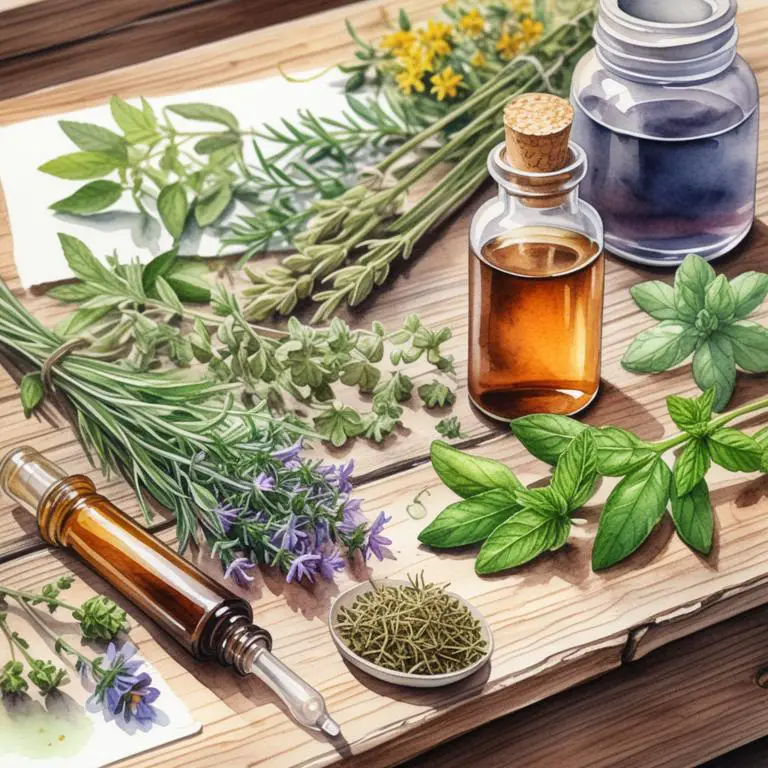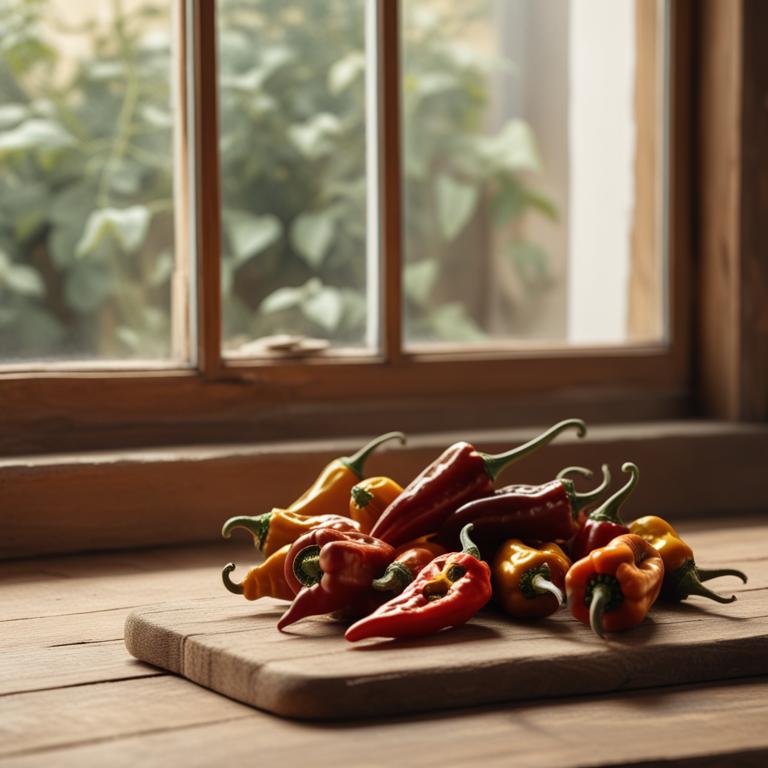Updated: Dec 1, 2024
The Causes and Effects of Rheumatoid Arthritis and Herbal Preparations
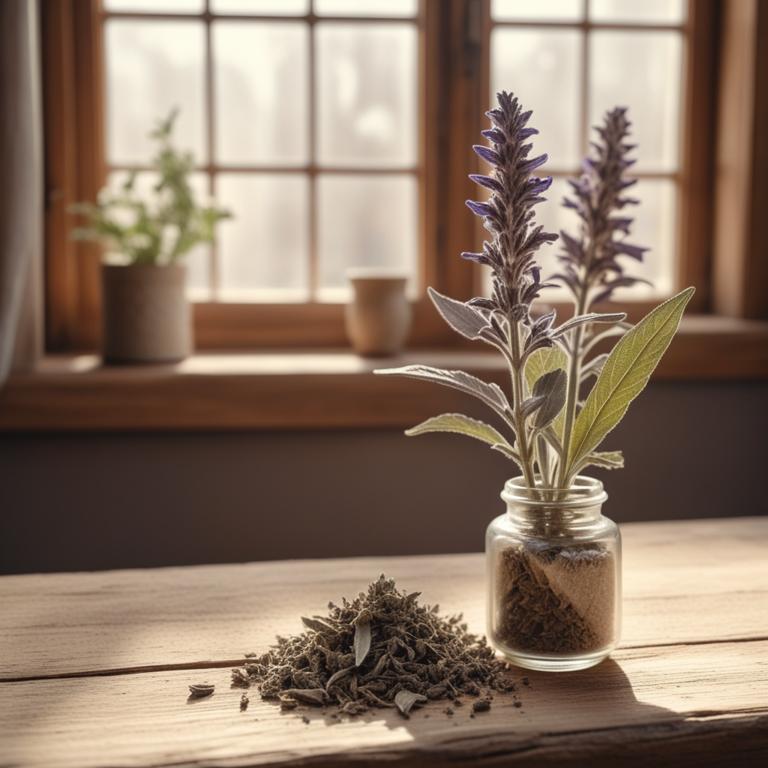
Rheumatoid arthritis (RA) is a painful and debilitating condition that affects millions of people worldwide.
It causes the joints to become inflamed, leading to stiffness, swelling, and pain that can make everyday activities a challenge. Simple tasks like getting dressed or cooking a meal can become overwhelming. RA can also cause fatigue, fever, and a general feeling of being unwell. The exact causes of RA are still not fully understood, but it's believed to be an autoimmune disease, where the body's immune system mistakenly attacks the healthy tissues in the joints. Genetics and environmental factors may also play a role. Fortunately, there are some herbal remedies that may help alleviate the symptoms of RA.
Herbs like turmeric, with its active compound curcumin, have anti-inflammatory properties that can help reduce joint pain and inflammation. Ginger, another commonly used herb, has anti-inflammatory properties and can help ease pain and stiffness. Willow bark, which contains salicin, a compound similar to aspirin, can help reduce pain and inflammation. These herbs can be used in various forms, such as teas, capsules, or topical creams. Drinking a warm cup of turmeric tea or ginger tea before bed can help ease joint pain and promote a good night's sleep. Topical creams or ointments made from willow bark or arnica can be applied directly to the affected joints to reduce pain and inflammation.
Some herbal supplements, like boswellia, may also be taken orally to help reduce inflammation and alleviate symptoms.
Table of Contents
- What triggers rheumatoid arthritis?
- What advantages come from using herbs for treating rheumatoid arthritis?
- What are the main medicinal herbs for reducing rheumatoid arthritis inflammation?
- What are the herbal remedies that are typically prescribed for rheumatoid arthritis?
- What herbs should be avoided by individuals with rheumatoid arthritis?
- FAQ
What triggers rheumatoid arthritis?
The main causes of rheumatoid arthritis are a combination of genetic, environmental, and lifestyle factors.
Genetic predisposition is one of the main causes of rheumatoid arthritis. People with a family history of the disease are more likely to develop it, suggesting that there is a genetic link. This is because certain genes can make a person more susceptible to the disease. The autoimmune system is also a major contributor to rheumatoid arthritis. In people with this condition, the immune system mistakenly attacks the lining of the joints, thinking it's a foreign invader. This leads to inflammation and pain in the joints. Family history is another significant factor.
If a person has a close relative with rheumatoid arthritis, they are more likely to develop it. This is because genetic traits can be passed down from parents to children. Infections can trigger rheumatoid arthritis in some people. Certain bacteria, such as those found in the gut, can trigger an autoimmune response. However, it's worth noting that not everyone who gets an infection will develop rheumatoid arthritis. Age is also a contributing factor. Rheumatoid arthritis is more common in people over the age of 60.
As we age, our immune system can become less effective, making it more likely for the disease to develop.
What advantages come from using herbs for treating rheumatoid arthritis?
Using herbs for rheumatoid arthritis can be a great option for managing symptoms.
These natural remedies have anti-inflammatory properties that can help reduce pain and swelling in the joints. They also have antioxidant properties that can help protect the body from damage caused by free radicals, which can contribute to the progression of the disease.
Some herbs have been found to have immunomodulatory effects, meaning they can help regulate the immune system and prevent it from attacking the joints. By reducing inflammation and regulating the immune system, these herbs can help improve joint mobility and function, making it easier to perform daily tasks and activities.
Additionally, some herbs have been found to have analgesic and antispasmodic properties, which can help alleviate pain and muscle cramps associated with rheumatoid arthritis.
What are the main medicinal herbs for reducing rheumatoid arthritis inflammation?
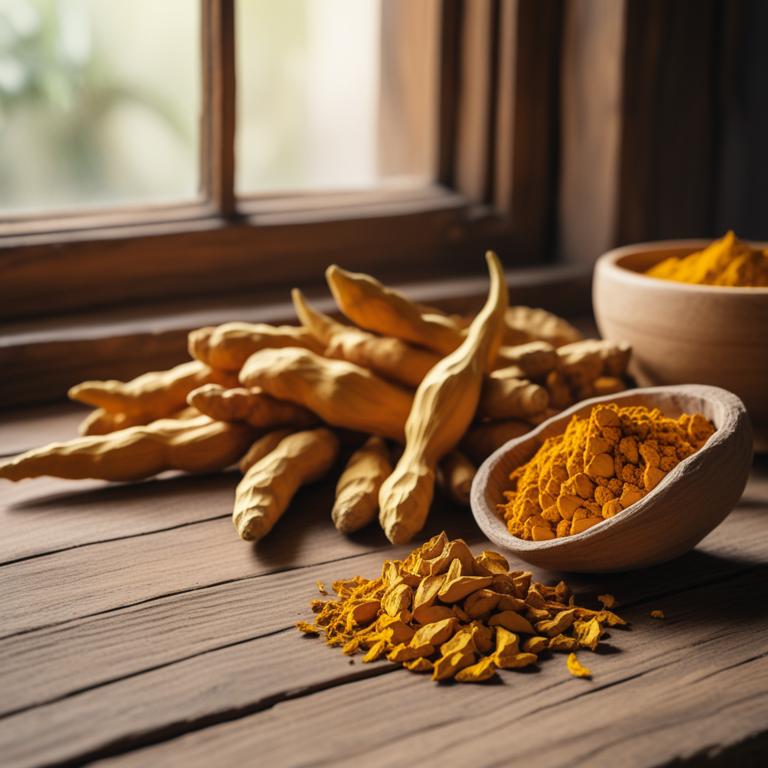
Herbs have been used for centuries to help manage rheumatoid arthritis symptoms.
One of these herbs is Curcuma longa, also known as turmeric, which contains a powerful compound called curcumin. Curcumin has strong anti-inflammatory properties that help reduce joint pain and swelling. It also blocks chemicals in the body that cause inflammation, which can help slow down joint damage. Another herb that's beneficial for rheumatoid arthritis is Zingiber officinale, or ginger. Ginger has anti-inflammatory compounds that help ease joint pain and stiffness. It also helps reduce nausea and digestive issues that often come with rheumatoid arthritis medication. Additionally, ginger has antioxidant properties that help protect the body from free radicals that can cause damage to joints.
Licorice root, or Glycyrrhiza glabra, is another herb that's been used to treat rheumatoid arthritis. It has anti-inflammatory properties that help reduce joint pain and swelling. Licorice root also helps reduce cortisol levels in the body, which can help alleviate stress and anxiety that often accompany rheumatoid arthritis. Boswellia serrata, also known as frankincense, is an herb that's been used for centuries to treat joint pain and inflammation. It has anti-inflammatory compounds that help reduce joint pain and swelling. Boswellia serrata also helps improve joint mobility and reduce stiffness. Finally, Withania somnifera, or ashwagandha, is an herb that's been used to help manage stress and anxiety that often accompany rheumatoid arthritis. It has adaptogenic properties that help the body adapt to stress and promote relaxation.
Ashwagandha also has anti-inflammatory compounds that help reduce joint pain and swelling.
What are the herbal remedies that are typically prescribed for rheumatoid arthritis?
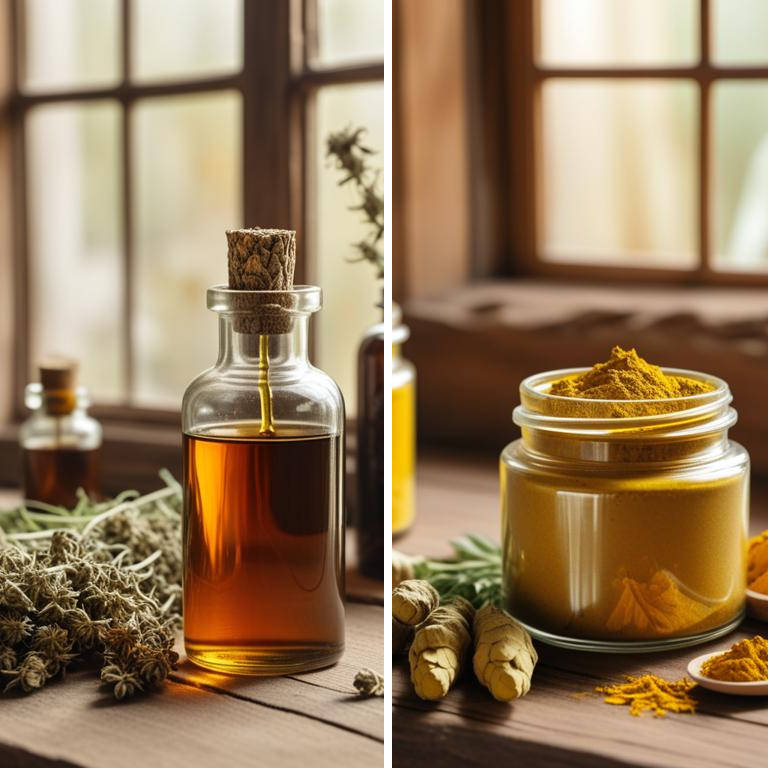
Herbal preparations can be a great help for people with rheumatoid arthritis.
A tincture is a liquid extract that can be taken orally to reduce inflammation and pain. It's easy to take and can be added to water or taken straight. Tinctures are often made with powerful herbs like turmeric and ginger. A decoction is a strong liquid made by boiling herbs in water. It's especially good for soothing joint pain and inflammation. Decoctions are often made with herbs like willow bark and meadowsweet, which have anti-inflammatory properties. They can be taken as a drink or used as a bath to relax sore muscles. An infusion is a gentle liquid made by steeping herbs in hot water.
It's a great way to calm inflammation and reduce pain. Infusions are often made with herbs like chamomile and lavender, which have a soothing effect on the body. A salve is a topical cream that can be applied directly to sore joints. It's made by infusing herbs in a carrier oil, like coconut or olive oil, and then mixing it with beeswax or other natural ingredients. Salves are often made with herbs like arnica and Saint John's Wort, which have anti-inflammatory properties and can help reduce pain. A cream is similar to a salve but is usually thinner and more watery. It's applied directly to sore joints to reduce inflammation and pain. Creams are often made with herbs like aloe vera and peppermint, which have anti-inflammatory and soothing properties.
They can be a great alternative to over-the-counter pain relievers.
Additional Resources:
- 7 herbal teas for rheumatoid arthritis
- 9 herbal tinctures for rheumatoid arthritis
- 7 herbal creams for rheumatoid arthritis
What herbs should be avoided by individuals with rheumatoid arthritis?
If you have rheumatoid arthritis, it's best to avoid using certain herbs in your treatment.
Ephedra sinica, for example, can be very toxic and cause serious problems like kidney damage and heart issues. It's also known to increase blood pressure, which can make your rheumatoid arthritis symptoms worse. Another herb to be careful with is Ginkgo biloba. While it's often used to improve blood flow, it can also increase the risk of bleeding, especially if you're taking medications like blood thinners. This can be a big concern for people with rheumatoid arthritis who are already at risk of bleeding problems. Valeriana officinalis, also known as valerian root, can cause drowsiness and affect your sleep patterns.
This might not seem like a big deal, but for people with rheumatoid arthritis, getting enough rest is crucial for managing their symptoms. If you take valeriana root, you might find it harder to stick to your regular treatment plan. Taxus baccata, or yew, is highly toxic and can cause serious problems if ingested. It's not worth the risk, especially when there are safer alternatives available. Pausinystalia johimbe, also known as yohimbine, can cause blood pressure to rise and increase the risk of heart problems. This can be particularly concerning for people with rheumatoid arthritis, who are already at risk of cardiovascular issues. It's always best to talk to your doctor before using any herbal remedies, especially if you have a condition like rheumatoid arthritis.
They can help you choose safer options that won't interact with your medications or worsen your symptoms.
FAQ
Are there any specific herbs that can prevent rheumatoid arthritis?
Turmeric contains a compound called curcumin, which has anti-inflammatory properties that may help prevent or slow the progression of rheumatoid arthritis.
Ginger, another herb, has similar properties and can help reduce joint pain and swelling.
Both of these herbs have been used for centuries in traditional medicine to treat various health issues.
Is it safe to use herbal remedies for rheumatoid arthritis during pregnancy?
Using herbal remedies for rheumatoid arthritis during pregnancy can be tricky.
Some herbs like ginger and turmeric are often used to ease pain, but they can affect the baby's development. Other herbs like willow bark and feverfew can increase the risk of bleeding during delivery.
It's best to be cautious when choosing any herbal remedy.
Are there any herbs that can reduce the frequency of rheumatoid arthritis?
Some research suggests that turmeric may help reduce the frequency of rheumatoid arthritis symptoms.
Turmeric contains a compound called curcumin, which has anti-inflammatory properties that can help ease joint pain and swelling.
Ginger is also studied for its potential benefits in reducing inflammation and alleviating arthritis symptoms, although more research is needed to confirm its effectiveness.
Related Articles
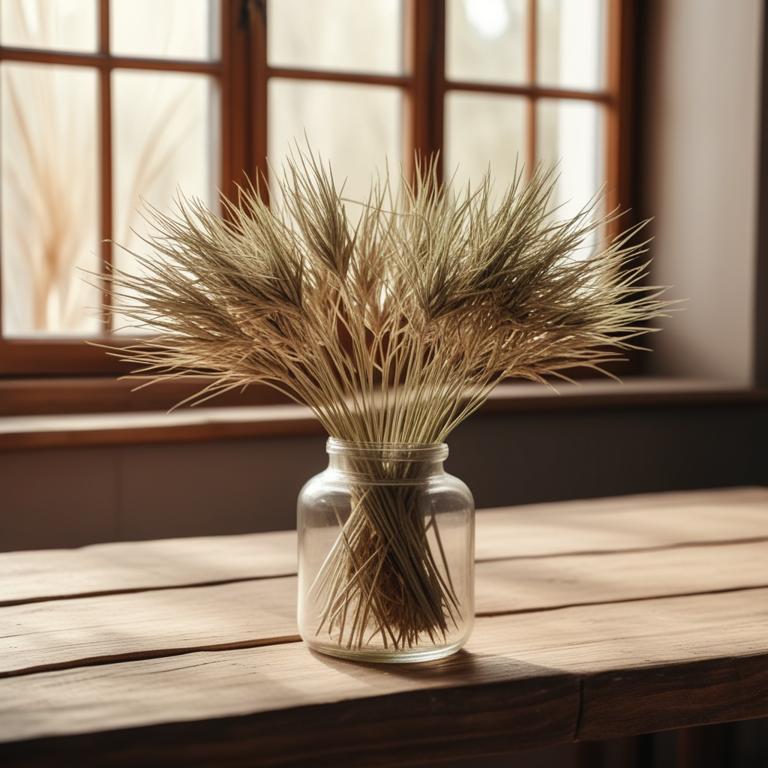
Foot Pain: Causes, Herbal Treatment Options, and Natural Preparations
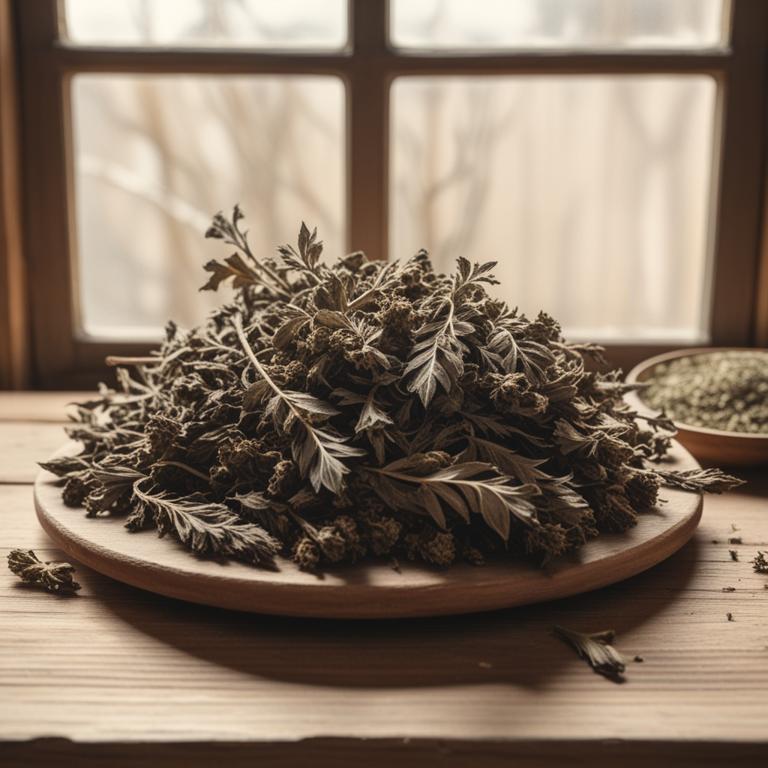
Back Pain Causes and Herbal Treatments for a Pain-Free Life
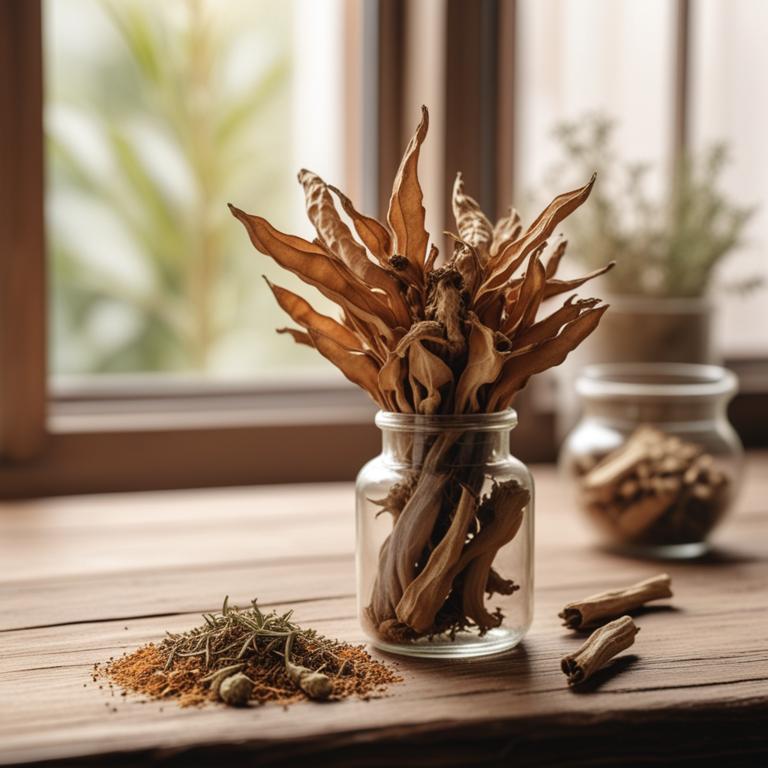
Understanding Lower Back Pain: Causes, Medicinal Herbs, and Herbal Preparations

Jammed Finger Care: Causes, Medicinal Herbs, and Preparations
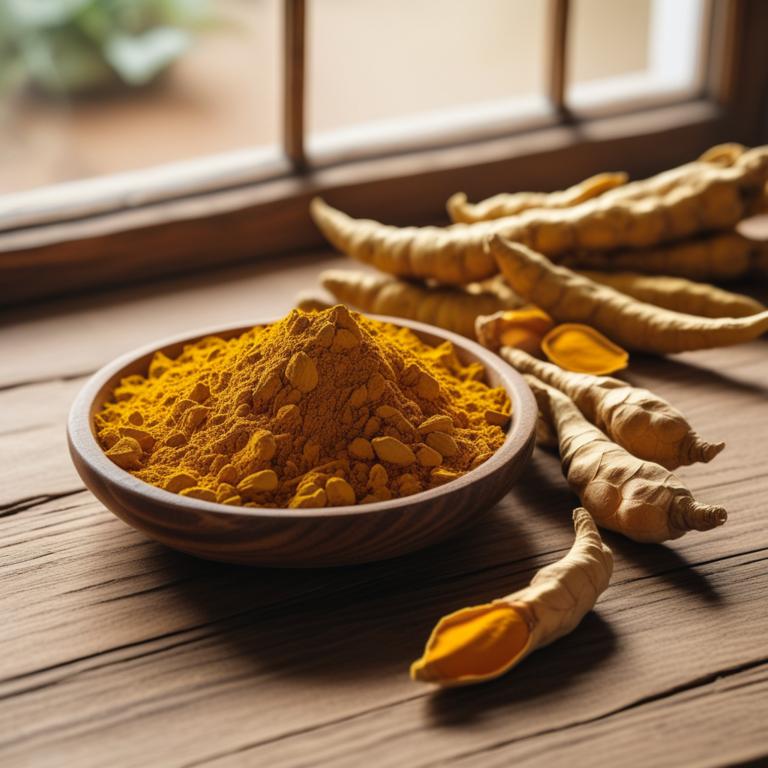
Causes, Symptoms, and Herbal Preparations for Plantar Fasciitis
